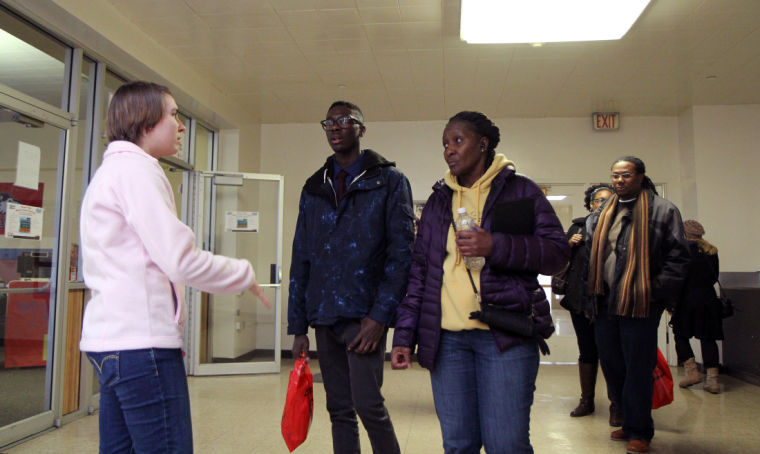Funding fears fuel tuition raise
March 4, 2014
Correction: In an earlier version of this story, Brad Hoey, director of University Marketing, said NIU’s tuition stays at a constant for students for six years. Hoey later contacted the Northern Star to clarify that NIU’s tuition stays at a constant for nine semesters, or four and a half years.
The Board of Trustees took potential state budget cuts into consideration when it cast a 6-2 vote to raise tuition and fees for incoming students.
The increase would raise tuition and fees by 2 percent while decreasing housing rates by 2.7 percent in order to keep costs balanced. The change will only affect students who begin attending NIU in the 2014-2015 school year in accordance with Illinois’ Truth-In-Tuition law.
Brad Hoey, director of University Marketing, said “the state law says that colleges only have to take that through to four years,” but NIU keeps tuition at a constant for nine semesters, or four and a half years. Students who remain beyond that point will see a slight increase in tuition, Hoey said.
For a full-time student, the tuition would increase by $6.05 per credit hour, according to a news release by NIU Today.
“Basically per credit hour for an undergraduate student the increase is from $336.16 to $342.88, so if someone is taking 15 hours it’s roughly a $90 increase, and that would go towards the university,” said Paul Palian, director of Media and Public Relations.
In anticipation of less percentage of appropriations from the state, the board and the president felt that a 2 percent increase for incoming students was necessary, Hoey said.
“We anticipate a budget cut across for all education but primarily for higher education, so the university is making every effort to keep a burden of college costs to a minimum,” Hoey said.
Nancy Suttenfield, interim chief financial officer, stressed the importance of a tuition increase because a temporary tax the state had used to increase funds is ending, according to NIU Today.
“In this uncertain state funding environment, it is prudent for NIU to hedge against potential state budget cuts through a modest tuition increase that is consistent with other Illinois institutions who have set their tuition,” Suttenfield said, according to NIU.
Because the increase kept the tuition cost basically flat, Hoey hopes it will help students make the decision to attend NIU.
“We’re hoping that enhanced opportunities with recruitment efforts but also with some of the things that we’re doing with retention, that with the reduction of costs on the student fees, may make it more attractive for students,” Hoey said. “Not only for students here on campus or existing students, but also those who are looking at the university as a place where they want to pursue their degree.”







